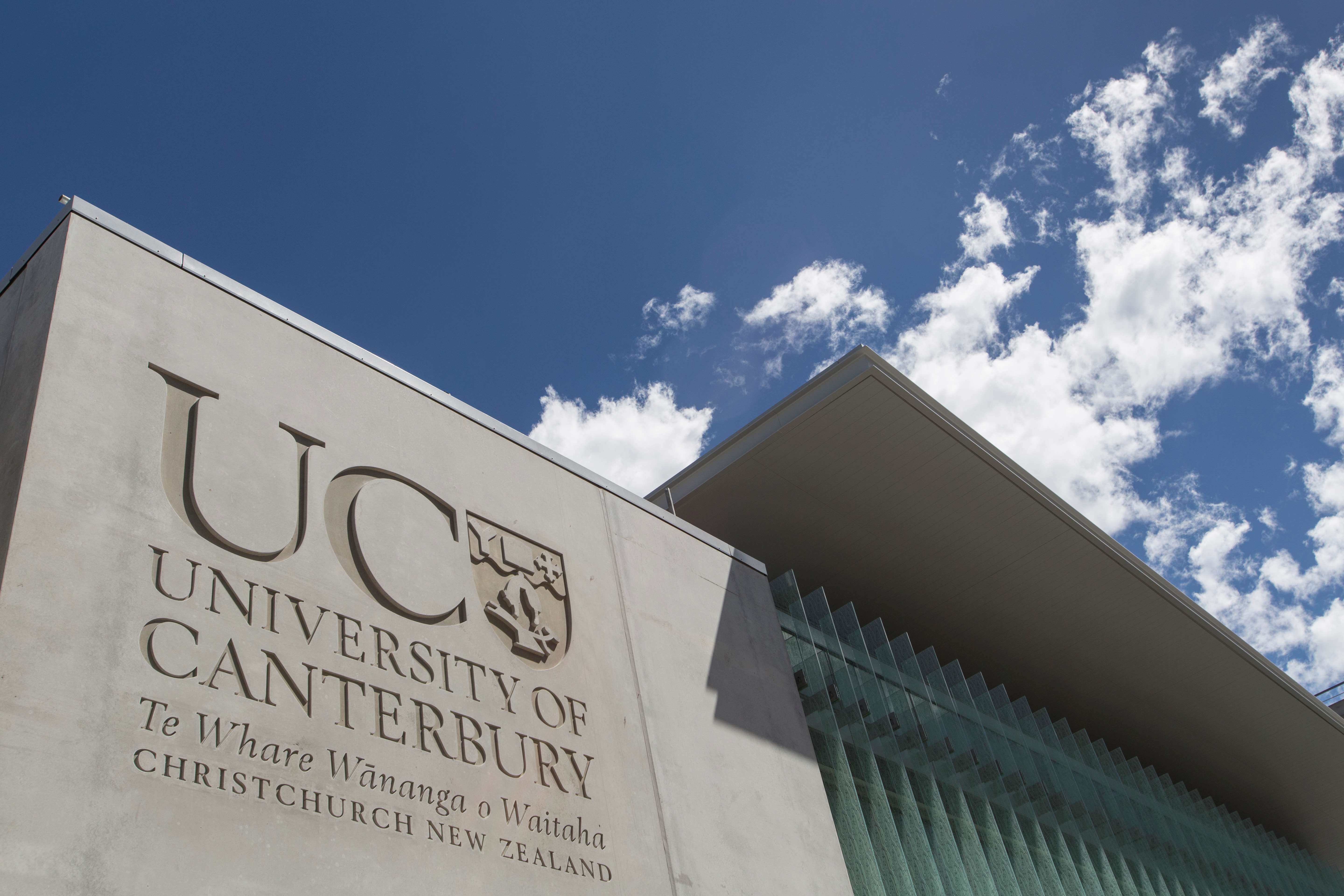A multidisciplinary team from the University of Canterbury, including Dr Jannik Haas, Professor Aaron Marshall, Professor Andy Nicol, Associate Professor David Dempsey, Professor Ian Wright, Professor Matthew J. Watson, and Dr Rebecca Peer, explore its potential in a recent study.
Their research highlights priority applications like fertiliser and steel production, and estimates New Zealand’s green hydrogen demand is up to 1 megatonne per year. Meeting this demand would require tripling renewable energy capacity and developing long-duration underground hydrogen storage. The team also examines challenges in cost reduction, production technology, and export logistics. Despite hurdles, green hydrogen could play a critical role in decarbonising industries where electrification and biofuels are less viable.
Read the full article on The Conversation.
Disclosure statement
Jannik Haas receives funding from MBIE to work on topics related to energy systems and holds clean energy stocks.
Aaron Marshall receives funding from MBIE to work on water electrolysers and energy-related technology. He has received funding from NZIMMR for energy storage technology. He is a co-founder and shareholder of Ternary Kinetics which is developing liquid organic hydrogen carrier technology and has minor shareholdings in a range of energy companies.
Andy Nicol receives funding from MBIE to undertake research into underground storage of hydrogen.
David Dempsey receives funding from MBIE to undertake research into underground storage of hydrogen.
Ian Wright has previously received funding from Natural Environment Research Council (UK) relevant to this topic, and has been a member of the Research Council UK (RCUK) Energy Programme Scientific Advisory Committee.
Matthew J Watson receives funding from MBIE. He serves as an advisor to and has ownership stakes in both NILO and Aspiring Materials and holds other publicly traded stocks in the energy sector.
Rebecca Peer receives funding from MBIE to research topics related to energy transitions.










